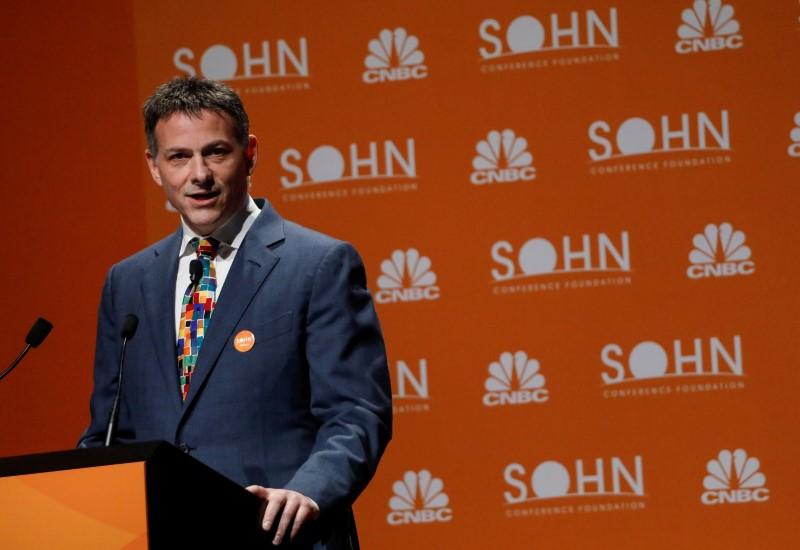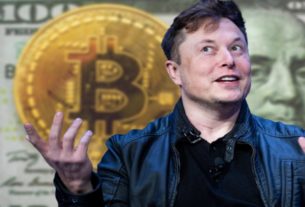David Einhorn is a prominent investor, and he has bet big against the stock of Tesla. Now, the short seller, in a letter to his fund’s shareholders on Friday has compared Tesla to Lehman Brothers, the investment bank that famously collapsed ten years back. In the letter, Einhorn wrote that there are a number of similarities to how the executives of Lehman behaved before the company’s demise and what Tesla and their CEO Elon Musk are doing right now. Lehman even threatened short sellers, those who predicted that the stock would fall and also made comments about taking the company in private hands. Elon Musk has very often attacked short sellers through his tweets.
The Securities and Exchange Commission and Tesla recently settled for Elon Musk’s tweet back in August. In that tweet, he claimed to have got the funding secured for taking Tesla into private hands, only to change his mind up and stick towards keeping Tesla public. David Einhorn said that the deception would sooner rather than later catch up to Tesla. Einhorn even feels that Tesla will be unable to meet the demand for the number of cheaper Model 3 electric cars without making a considerable amount of high expenses. The short bet for Einhorn against Tesla has worked out well for him. The stock price went down almost 25% during the third quarter, and Einhorn said that it was the second-best performer of his fund. The shares of Tesla were down by another 7% on Friday.
The remainder of the Greenlight Capital fund of Einhorn has not performed well enough. It had a fall of 9.1 during the quarter and is now down more than 25% for the year. The returns are painful especially when we consider the fact that S&P 500 was up 7.7% in the quarter and had a gain of almost 11% through the first nine months of 2018. Einhorn said that his fund had sold their stake in Twitter after making nearly 80% profit on the stock in merely eight months that he owned it. He even expressed concern regarding the regulatory risks that are affecting all social media companies.



